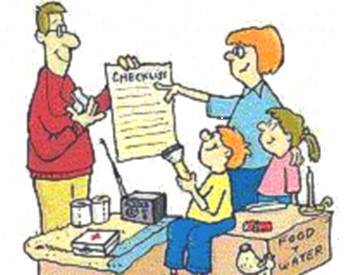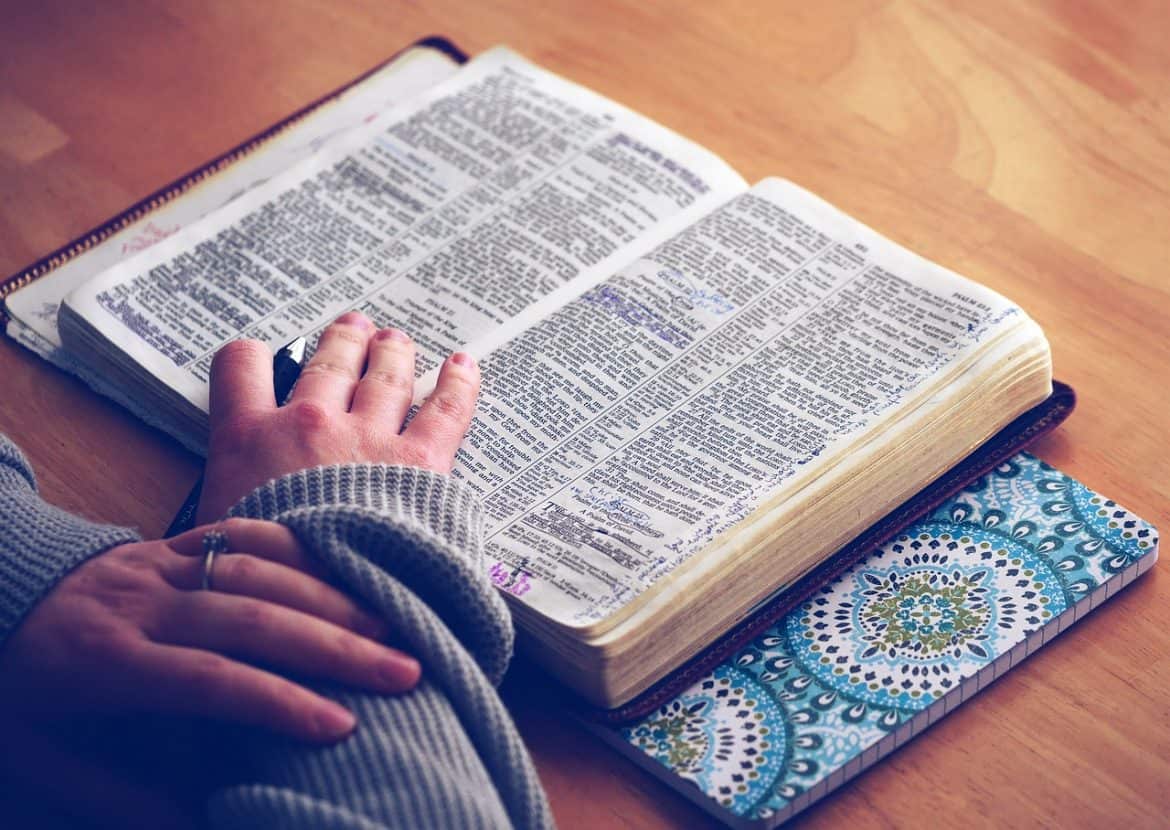Personal preparedness means different things depending on who you are and what your situation is. To an inhabitant of the Florida Keys, preparedness means having items to outlast a hurricane. To a city dweller, preparedness might be having a can of mace in her purse. To a survivalist, preparedness might mean having a semi trailer […]
Category: Preparedness Basic & Advanced
Quick and Easy Tips to Make Sure Your Household is Prepared
Preparedness and planning resources have been a main topic of conversation on this site for quite some time. Preparedness is worth investing time into in order to ensure the safety and security for yourself and your family. In addition to taking the necessary steps to prepare a household for emergencies, it’s also important to establish […]
Introduction to Emergency Kits (like BOBs, INCH, GHB, IFAK, EDC, and GOOD bags)
From my experience working in disaster response, I know the work and thought that goes into running a shelter during a disaster. Emergency management workers try very hard to make shelters safe and comfortable. However, the lack of privacy, resources, and independence makes me pretty hesitant to choose to go to a shelter as long […]
Biblical Quotes on Preparedness
After the earlier post, I figured I should show some Biblical Quotes on Preparedness. Genesis 6:21 “And remember; take enough food for your family and for all the animals”. God could have easily provided enough food every day for all people and animals on board, but He had Noah prepare ahead of time. God told […]





